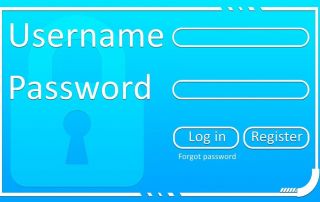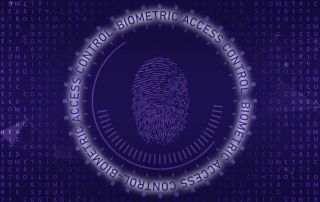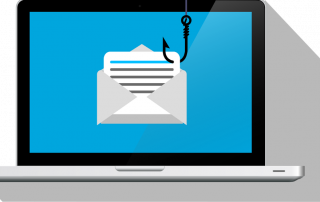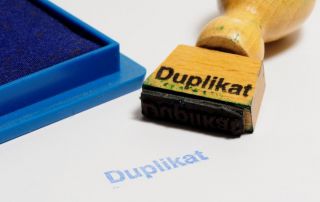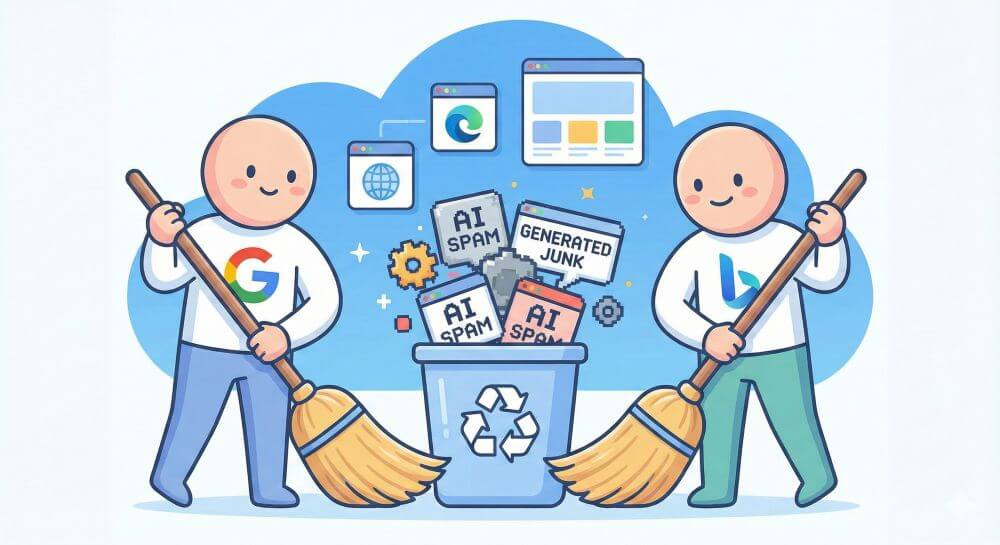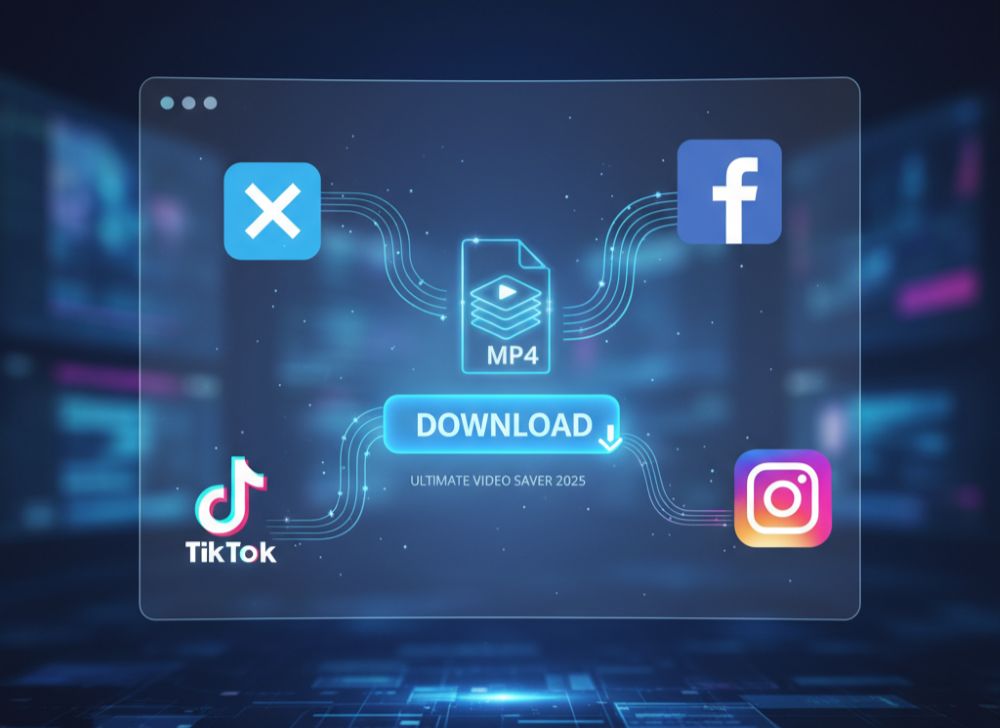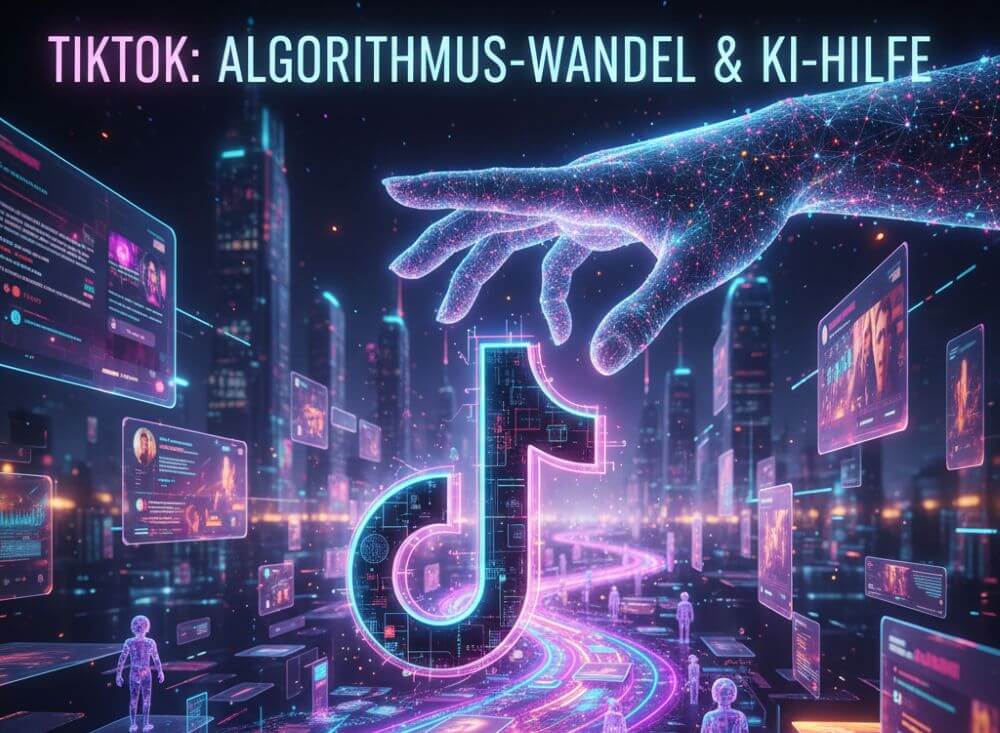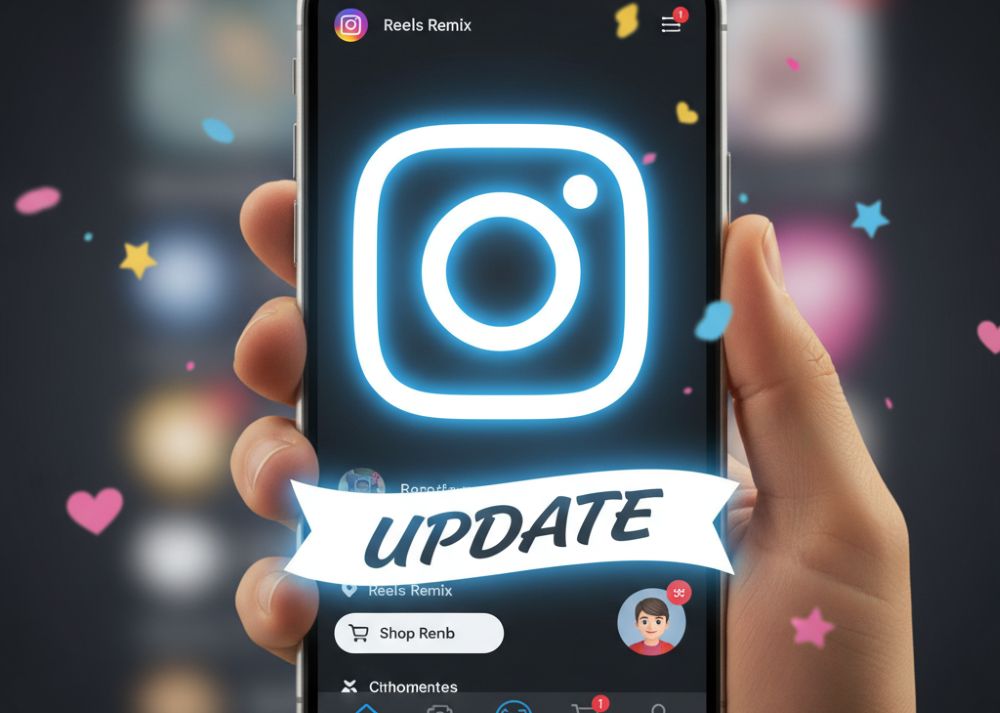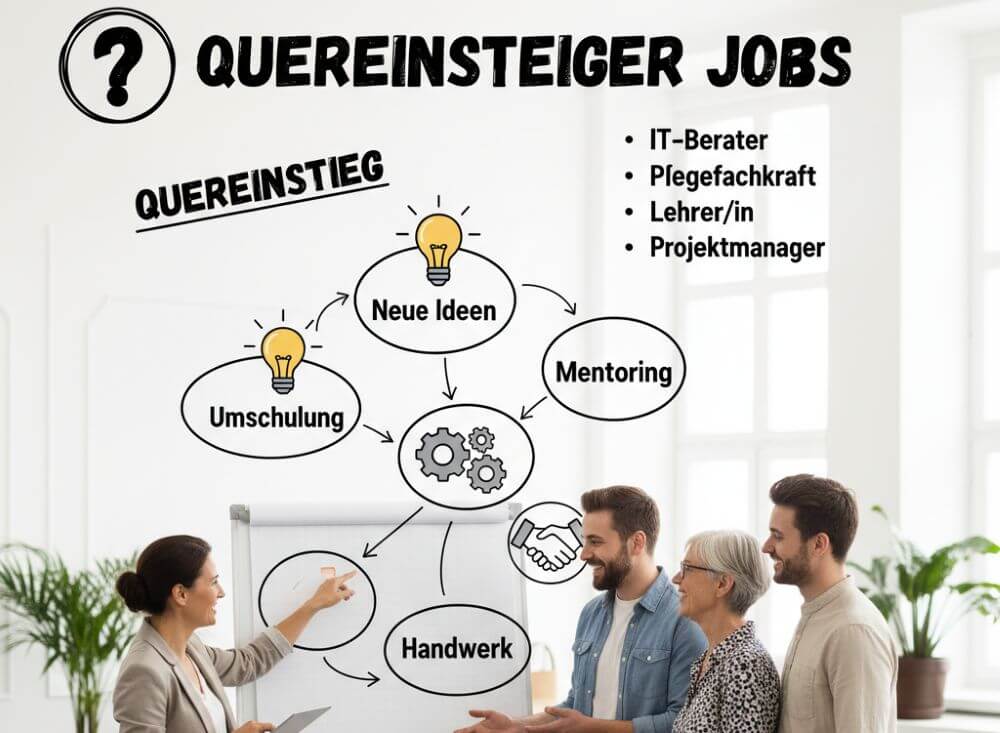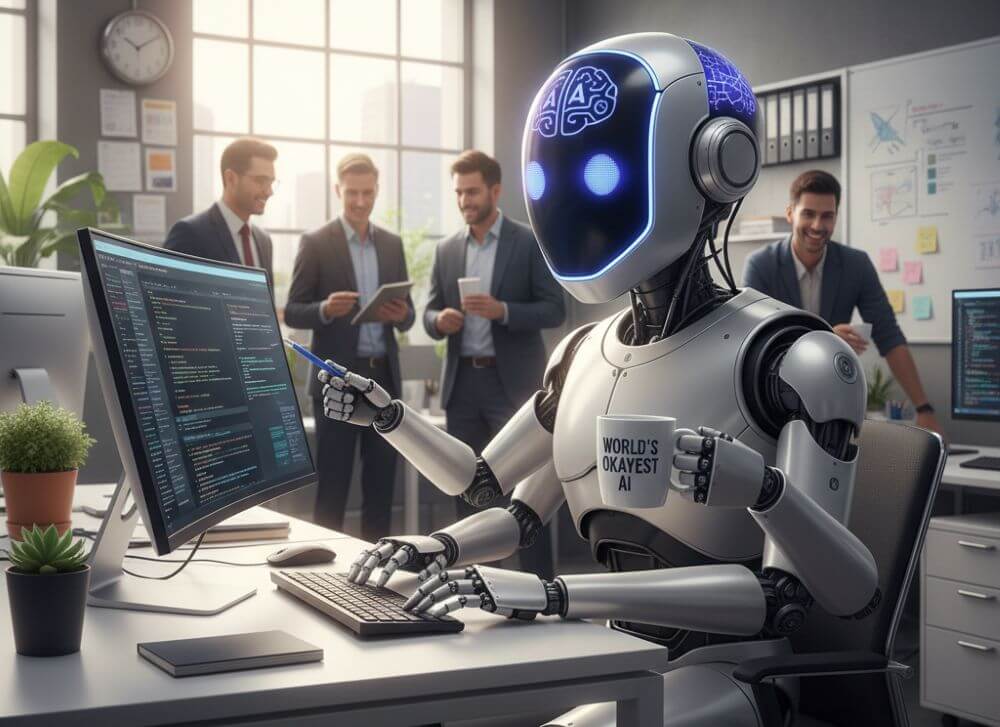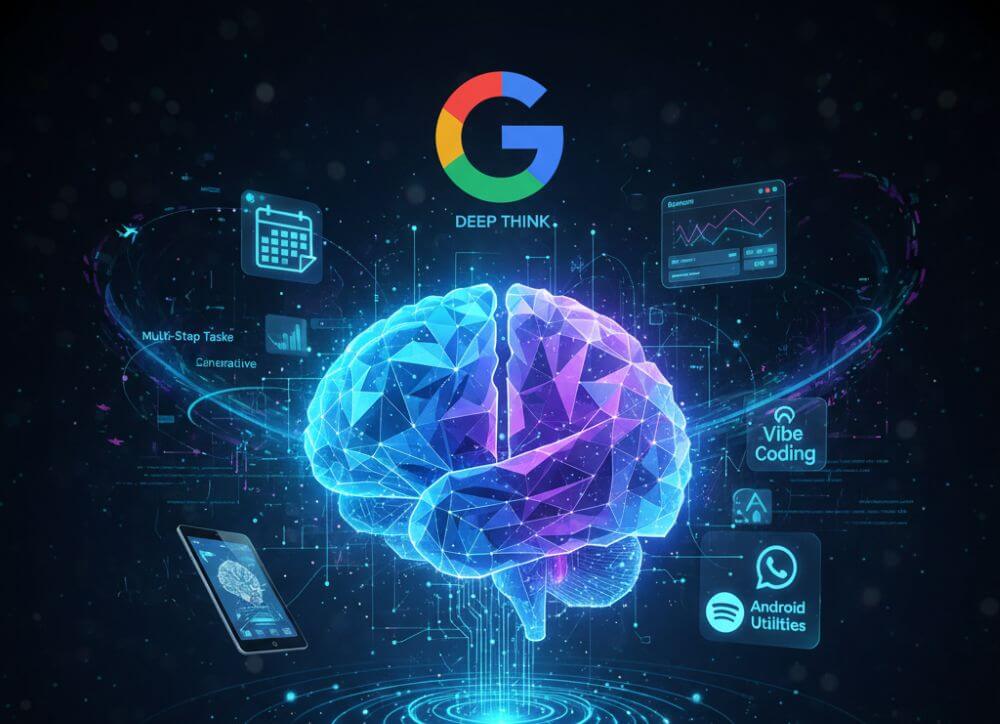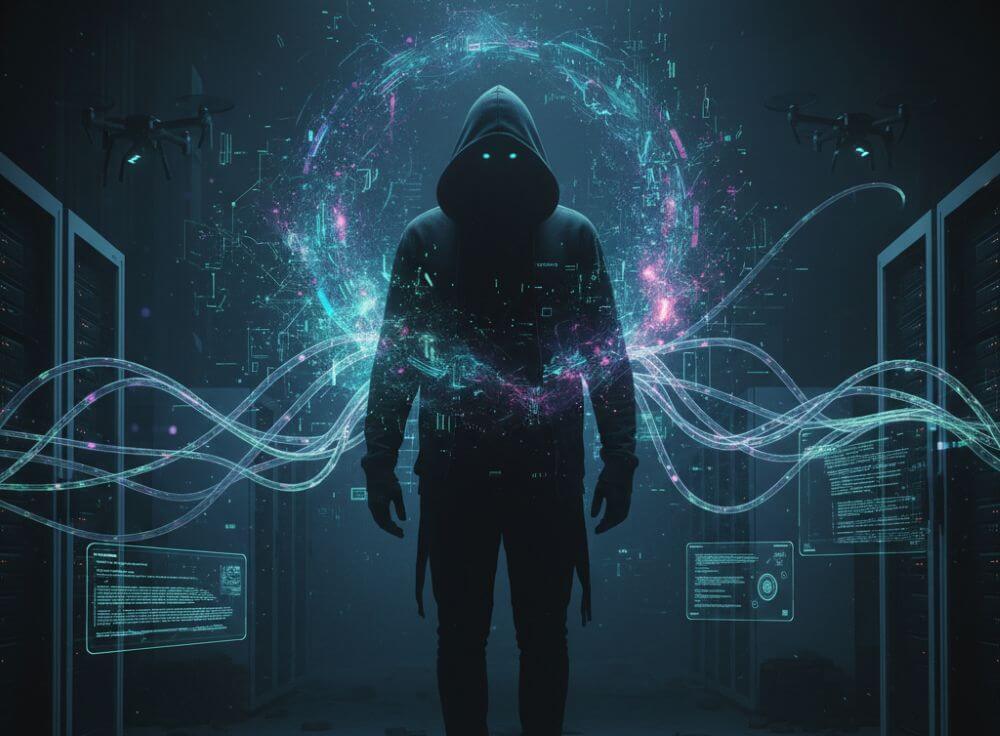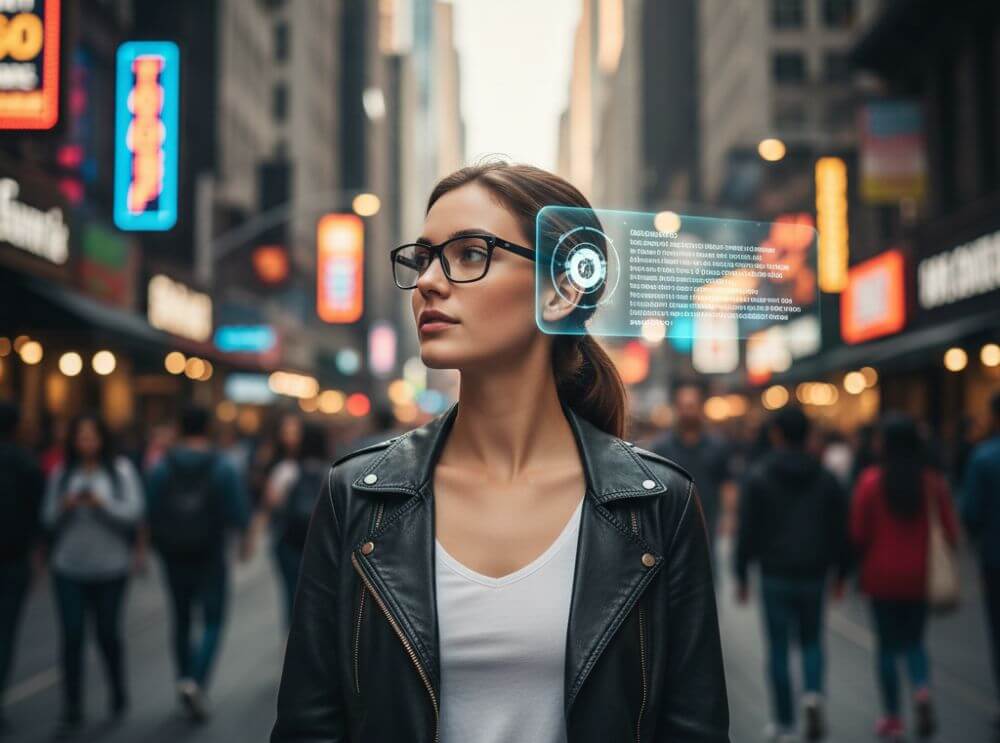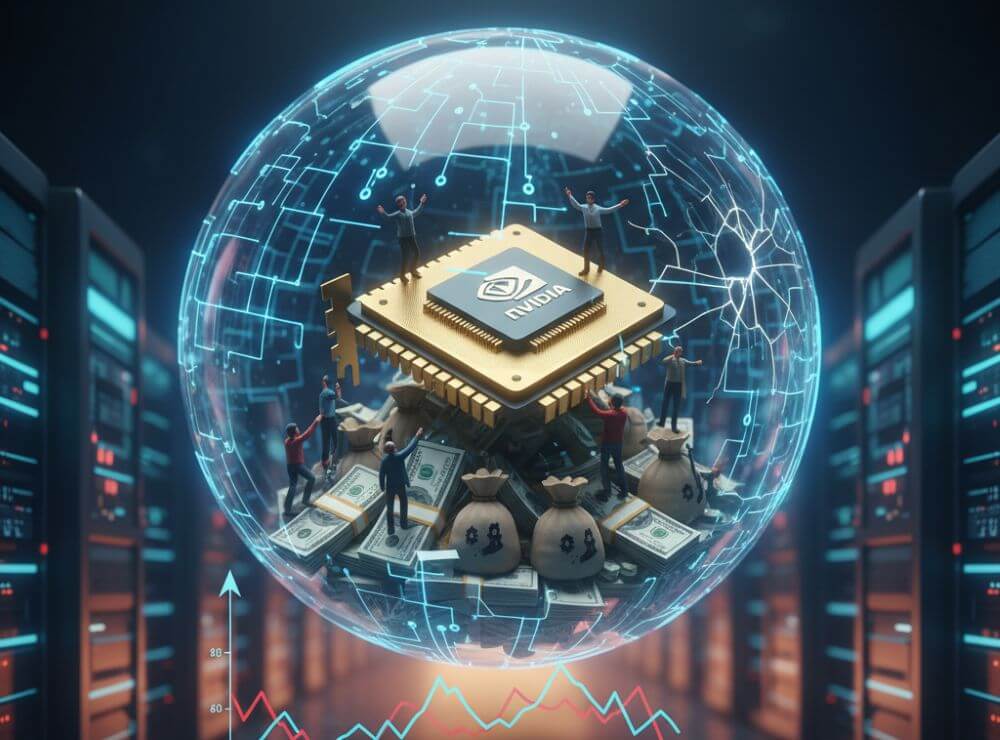If ChatGPT writes the application – Revolution or NoGo?
In the ever-changing world of technology, it is not uncommon for artificial intelligence (AI) to intrude into realms that have traditionally been human and, more importantly, personal. One such area is the writing of job applications. With the launch of ChatGPT, an AI-driven writing tool, the way we write resumes has changed dramatically. But is this change for the better or for the worse? Is it a revolution or a no-go? This article explores the pros and cons of ChatGPT in the recruitment landscape.

If ChatGPT writes the application – Revolution or NoGo?
In the ever-changing world of technology, it is not uncommon for artificial intelligence (AI) to intrude into realms that have traditionally been human and, more importantly, personal. One such area is the writing of job applications. With the launch of ChatGPT, an AI-driven writing tool, the way we write resumes has changed dramatically. But is this change for the better or for the worse? Is it a revolution or a no-go? This article explores the pros and cons of ChatGPT in the recruitment landscape.

ChatGPT: A Revolution in the Applicant Landscape?
ChatGPT: A Revolution in the Applicant Landscape?
ChatGPT, developed by OpenAI, is an AI-driven writing tool that aims to emulate human writing. It can take on complex tasks like writing articles, answering questions, and even writing resumes. With its ability to generate human-like text, ChatGPT has the potential to change the way we applications to revolutionize.
The benefits of ChatGPT for job applications
Those who have ever applied for a job know all too well the challenges of the application process. Scouring job ads, writing compelling cover letters, and preparing for interviews are full-time jobs in themselves. However, there is a new digital helper on the horizon – ChatGPT, an artificial intelligence -powered text generator by OpenAI.
- First of all: the relentless editor. ChatGPT can serve as an invaluable aid in writing and reviewing resumes and cover letters. It analyzes the text, offers suggestions for improvement, corrects typos and grammatical errors, and gives you the confidence that your Application documents are in excellent condition. More than that, it has years of professional resumes and cover letters to serve as part of its training set to help you streamline your own documents.
- But ChatGPT’s capabilities don’t stop at editing. It can also be used to anticipate questions that might be asked in a job interview. It can be found in Role play scenarios are used to prepare you for a variety of questions and situations so that you can approach any interview not only prepared but confident.
If that wasn’t enough, ChatGPT turns out to be an inexhaustible source of information. Whether you have questions about company cultures, specific roles, or industry trends, ChatGPT has answers based on an impressive amount of data and information.
The Impact of ChatGPT on Applicants and Employers
It’s a Wednesday morning. An aspiring applicant logs into his Email and finds an invitation to an interview. A quick look at the signer line and he discovers that the invitation is not from a human but from an AI model – Namely ChatGPT.
artificial intelligence (AI) is constantly developing and shaping our daily life ever stronger. But now it seems to be transforming the world of employers and job seekers as well. ChatGPT, the revolutionary model, is leading the way in this new era. The question that begs the question: is ChatGPT revolutionizing the way we hire and get hired?
- ChatGPT’s precision when it comes to Generating and understanding human language has resulted in some employers already using it in their hiring processes today. Imagine receiving an email invitation to an interview, written by an AI that analyzed your CV and decided that you are the right person for the job. No subjective bias, no human error – just an AI that decides based on data and statistics.
Another notable advantage of ChatGPT is its availability. Applicants can ask their questions 24/7 and get answers immediately. The AI never sleeps or takes breaks, resulting in faster and smoother communication.
- On the other hand, there are legitimate concerns. Some critics rightly argue that AI could eliminate the human factor in the hiring process. Is it possible for an AI to fully grasp the subtle nuances of human communication, the cultural differences and the emotional components? From our purely subjective point of view, the answer here is clearly NO! And what about data security? These and other questions need to be thoroughly examined and discussed.
It remains to be seen how ChatGPT and like models will transform the world of work will continue to influence. Until then, it will remain an exciting time in which man and machine will work together more and more. One thing is for sure – the world of work as we know it will never be the same as a result of this development. And it seems that AI has already claimed its place in the HR world, ready to change the rules of the game. Welcome to the Future of work!
ChatGPT, developed by OpenAI, is an AI-driven writing tool that aims to emulate human writing. It can take on complex tasks like writing articles, answering questions, and even writing resumes. With its ability to generate human-like text, ChatGPT has the potential to change the way we applications to revolutionize.
The benefits of ChatGPT for job applications
Those who have ever applied for a job know all too well the challenges of the application process. Scouring job ads, writing compelling cover letters, and preparing for interviews are full-time jobs in themselves. However, there is a new digital helper on the horizon – ChatGPT, an artificial intelligence -powered text generator by OpenAI.
- First of all: the relentless editor. ChatGPT can serve as an invaluable aid in writing and reviewing resumes and cover letters. It analyzes the text, offers suggestions for improvement, corrects typos and grammatical errors, and gives you the confidence that your Application documents are in excellent condition. More than that, it has years of professional resumes and cover letters to serve as part of its training set to help you streamline your own documents.
- But ChatGPT’s capabilities don’t stop at editing. It can also be used to anticipate questions that might be asked in a job interview. It can be found in Role play scenarios are used to prepare you for a variety of questions and situations so that you can approach any interview not only prepared but confident.
If that wasn’t enough, ChatGPT turns out to be an inexhaustible source of information. Whether you have questions about company cultures, specific roles, or industry trends, ChatGPT has answers based on an impressive amount of data and information.
The Impact of ChatGPT on Applicants and Employers
It’s a Wednesday morning. An aspiring applicant logs into his Email and finds an invitation to an interview. A quick look at the signer line and he discovers that the invitation is not from a human but from an AI model – Namely ChatGPT.
artificial intelligence (AI) is constantly developing and shaping our daily life ever stronger. But now it seems to be transforming the world of employers and job seekers as well. ChatGPT, the revolutionary model, is leading the way in this new era. The question that begs the question: is ChatGPT revolutionizing the way we hire and get hired?
- ChatGPT’s precision when it comes to Generating and understanding human language has resulted in some employers already using it in their hiring processes today. Imagine receiving an email invitation to an interview, written by an AI that analyzed your CV and decided that you are the right person for the job. No subjective bias, no human error – just an AI that decides based on data and statistics.
Another notable advantage of ChatGPT is its availability. Applicants can ask their questions 24/7 and get answers immediately. The AI never sleeps or takes breaks, resulting in faster and smoother communication.
- On the other hand, there are legitimate concerns. Some critics rightly argue that AI could eliminate the human factor in the hiring process. Is it possible for an AI to fully grasp the subtle nuances of human communication, the cultural differences and the emotional components? From our purely subjective point of view, the answer here is clearly NO! And what about data security? These and other questions need to be thoroughly examined and discussed.
It remains to be seen how ChatGPT and like models will transform the world of work will continue to influence. Until then, it will remain an exciting time in which man and machine will work together more and more. One thing is for sure – the world of work as we know it will never be the same as a result of this development. And it seems that AI has already claimed its place in the HR world, ready to change the rules of the game. Welcome to the Future of work!
The Limits of ChatGPT
The Limits of ChatGPT
Gifted, charming and always ready – the qualities that stand out at first glance in ChatGPT, the AI-driven typing assistant. While its possible applications seem infinite, asks one or the other Recruiter how ChatGPT could be of help in creating applications.
GPT, which stands for Generative Pretrained Transformer, is a sophisticated model that based on natural language processing and trained on a wealth of data. It can generate texts that are often indistinguishable from human writing styles. This gives the AI-controlled text generator a convincing application eloquence. With a few introductory lines, GPT can tirelessly churn out perfectly formatted applications 24/7. You’d think he’d be the perfect advisor for applicants suffering from writer’s block.
Blinded by the AI: ChatGPT’s charm limit for applications
But here we come to the limits of ChatGPT in the world of applications. One of the main criticisms is that the AI has no real knowledge of the applicant’s individual personality, experiences or specific goals. Although she knows all possible formulations and can efficiently reassemble existing information, what makes an application really individual, the personal, is unknown territory for her.
“While ChatGPT can create a flawless and formally perfect application, the humanity, the nuance, the personal story that really brings an application to life is something that is beyond its reach!”
Then there is the fact that ChatGPT has no up-to-date knowledge of labor market conditions or specific requirements in certain industries. His knowledge is based on the information available to him prior to his “knowledge shutdown” in September 2021. Everything that happened after that remains hidden from him.
The ability to take cultural changes into account, or even know current trends and requirements in the application landscape, is a component that ChatGPT simply lacks. An application created in 2023 based on 2021 data could therefore easily appear outdated or irrelevant.
ChatGPT: A no-go for application letters?
Given these concerns, one could argue that ChatGPT is a no-go in the application landscape. In conclusion, I think that ChatGPT, despite its amazing text generation capabilities, cannot serve as a substitute for human ingenuity, personal reflection, or awareness of the current job market. So, at least in the job application world, it remains a useful tool for formatting and grammar suggestions, but not a one-size-fits-all solution. Ultimately, the individual, human element remains irreplaceable when preparing an application.
Because once you’re in the interview, no AI system or chat bot will help you. Then it depends solely on you as a person. At this point at the latest, every HR manager will be able to see whether you as a person reflect what your application documents have shown. As quickly as a ChatBot served as a door opener, the shot can also backfire and become a butt kicker! You would then probably be even more frustrated than with all the cancellations that you have so far only managed soberly.
So stay authentic and show it!
Reading tip: Preparation for the video job interview – a guide
Gifted, charming and always ready – the qualities that stand out at first glance in ChatGPT, the AI-driven typing assistant. While its possible applications seem infinite, asks one or the other Recruiter how ChatGPT could be of help in creating applications.
GPT, which stands for Generative Pretrained Transformer, is a sophisticated model that based on natural language processing and trained on a wealth of data. It can generate texts that are often indistinguishable from human writing styles. This gives the AI-controlled text generator a convincing application eloquence. With a few introductory lines, GPT can tirelessly churn out perfectly formatted applications 24/7. You’d think he’d be the perfect advisor for applicants suffering from writer’s block.
Blinded by the AI: ChatGPT’s charm limit for applications
But here we come to the limits of ChatGPT in the world of applications. One of the main criticisms is that the AI has no real knowledge of the applicant’s individual personality, experiences or specific goals. Although she knows all possible formulations and can efficiently reassemble existing information, what makes an application really individual, the personal, is unknown territory for her.
“While ChatGPT can create a flawless and formally perfect application, the humanity, the nuance, the personal story that really brings an application to life is something that is beyond its reach!”
Then there is the fact that ChatGPT has no up-to-date knowledge of labor market conditions or specific requirements in certain industries. His knowledge is based on the information available to him prior to his “knowledge shutdown” in September 2021. Everything that happened after that remains hidden from him.
The ability to take cultural changes into account, or even know current trends and requirements in the application landscape, is a component that ChatGPT simply lacks. An application created in 2023 based on 2021 data could therefore easily appear outdated or irrelevant.
ChatGPT: A no-go for application letters?
Given these concerns, one could argue that ChatGPT is a no-go in the application landscape. In conclusion, I think that ChatGPT, despite its amazing text generation capabilities, cannot serve as a substitute for human ingenuity, personal reflection, or awareness of the current job market. So, at least in the job application world, it remains a useful tool for formatting and grammar suggestions, but not a one-size-fits-all solution. Ultimately, the individual, human element remains irreplaceable when preparing an application.
Because once you’re in the interview, no AI system or chat bot will help you. Then it depends solely on you as a person. At this point at the latest, every HR manager will be able to see whether you as a person reflect what your application documents have shown. As quickly as a ChatBot served as a door opener, the shot can also backfire and become a butt kicker! You would then probably be even more frustrated than with all the cancellations that you have so far only managed soberly.
So stay authentic and show it!
Reading tip: Preparation for the video job interview – a guide
Popular Posts
Why Zero Trust doesn’t work without identity protection!
Zero Trust means: Trust no one, verify everyone. Identity protection is at the heart of this modern security model. Learn how IAM, MFA, Conditional Access, and the principle of least privilege effectively protect your business when the old network perimeter is gone.
How AI fuels cyberattacks – and how it protects us from them
Cybercriminals are using AI for deepfakes and automated attacks. Defenses are also relying on AI: through behavioral analysis (UEBA) and automated responses (SOAR). Learn how this arms race works and how modern security strategies can protect your business.
Put an end to password chaos: Why a password manager is important
Passwords are constantly being stolen through data leaks. A password manager is your digital vault. It creates and stores strong, unique passwords for every service. This effectively protects you against identity theft through "credential stuffing".
More than just a password: Why 2-factor authentication is mandatory today
Why is two-factor authentication (2FA) mandatory today? Because passwords are constantly being stolen through data leaks and phishing. 2FA is the second, crucial barrier (e.g., via an app) that stops attackers – even if they know your password. Protect yourself now!
Beware of phishing: Your PayPal account has been restricted.
Beware of the email "Your PayPal account has been restricted." Criminals are using this phishing scam to steal your login information and money. They pressure you into clicking on fake links. We'll show you how to recognize the scam immediately and what to do.
Excel Tutorial: How to quickly and safely remove duplicates
Duplicate entries in your Excel lists? This distorts your data. Our tutorial shows you, using a practical example, how to clean up your data in seconds with the "Remove Duplicates" function – whether you want to delete identical rows or just values in a column.
Popular Posts
Why Zero Trust doesn’t work without identity protection!
Zero Trust means: Trust no one, verify everyone. Identity protection is at the heart of this modern security model. Learn how IAM, MFA, Conditional Access, and the principle of least privilege effectively protect your business when the old network perimeter is gone.
How AI fuels cyberattacks – and how it protects us from them
Cybercriminals are using AI for deepfakes and automated attacks. Defenses are also relying on AI: through behavioral analysis (UEBA) and automated responses (SOAR). Learn how this arms race works and how modern security strategies can protect your business.
Put an end to password chaos: Why a password manager is important
Passwords are constantly being stolen through data leaks. A password manager is your digital vault. It creates and stores strong, unique passwords for every service. This effectively protects you against identity theft through "credential stuffing".
More than just a password: Why 2-factor authentication is mandatory today
Why is two-factor authentication (2FA) mandatory today? Because passwords are constantly being stolen through data leaks and phishing. 2FA is the second, crucial barrier (e.g., via an app) that stops attackers – even if they know your password. Protect yourself now!
Beware of phishing: Your PayPal account has been restricted.
Beware of the email "Your PayPal account has been restricted." Criminals are using this phishing scam to steal your login information and money. They pressure you into clicking on fake links. We'll show you how to recognize the scam immediately and what to do.
Excel Tutorial: How to quickly and safely remove duplicates
Duplicate entries in your Excel lists? This distorts your data. Our tutorial shows you, using a practical example, how to clean up your data in seconds with the "Remove Duplicates" function – whether you want to delete identical rows or just values in a column.



